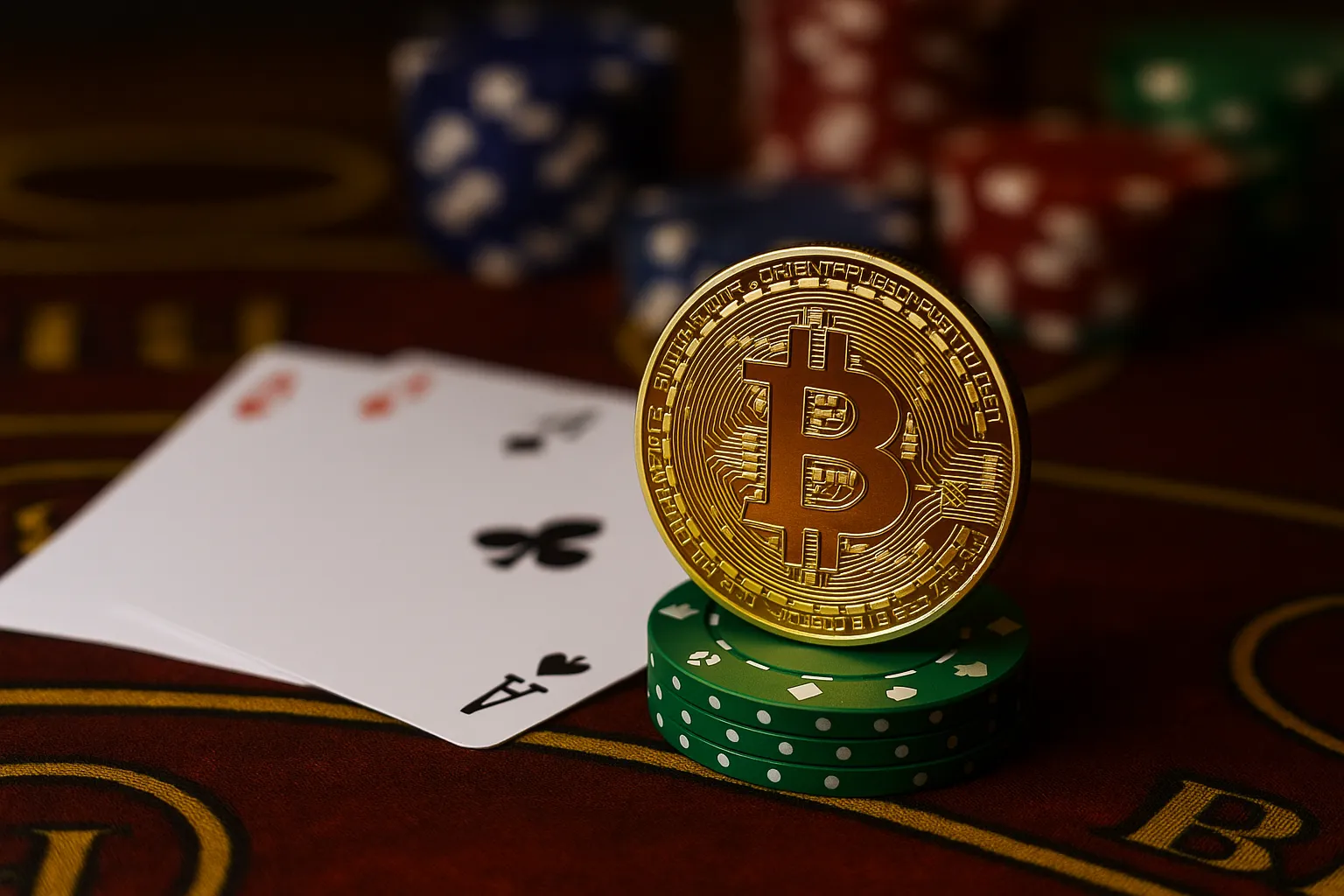The gambling industry has always struggled with one persistent issue: trust. Players want to know whether the games they play online are truly fair or if the odds are stacked against them in ways they cannot see. Land-based casinos at least offer a sense of transparency—roulette wheels spin in front of your eyes, cards are shuffled in real time, and dealers are physically present. Online casinos, however, rely on software, algorithms, and systems players cannot directly observe. This is where blockchain technology enters the conversation, promising fairness, transparency, and security like never before. But will blockchain really create fairer online casinos, or is it just another buzzword?
The Promise of Blockchain for Gambling
Blockchain technology is built on the principle of decentralization. Every transaction is recorded on a distributed ledger, which is immutable and verifiable. For online casinos, this means outcomes of games, bets placed, and payouts processed can all be made fully transparent. Unlike traditional systems where players must “trust” the casino operator, blockchain allows users to independently verify the fairness of every result.
The technology introduces the concept of “provably fair” gaming. In this model, algorithms used to generate results can be checked against blockchain records, assuring players that neither the casino nor external actors have manipulated the game. This marks a radical departure from the opacity of conventional online gambling platforms.
Transparency and Trust in Practice
One of the biggest frustrations for online gamblers is the lack of clarity. If a slot machine fails to pay out or a digital roulette wheel feels skewed, players have no way to prove or disprove fairness. With blockchain-based platforms, this changes completely. Every outcome, every shuffle, every spin can be stored on the ledger. Players can audit the results themselves without relying on third-party assurances.
This transparency extends beyond games. Deposits, withdrawals, and bonuses can all be tracked on the blockchain, reducing the risk of delayed payouts or hidden restrictions. Just as sister casino sites provide players with variety and interconnected options, blockchain systems offer the security of consistency—players can trust that the rules remain the same across every transaction.
How Blockchain Could Redefine Casino Fairness
Fairness in casinos isn’t just about outcomes; it’s also about access. Blockchain allows global participation without being bound by traditional banking restrictions. Players in countries with limited access to gambling services can participate using cryptocurrencies, often with faster and cheaper transactions than traditional fiat systems.
Smart contracts add another layer of fairness. These automated agreements execute instantly once conditions are met, ensuring payouts happen immediately without manual approval. This eliminates one of the most common complaints in online gambling: delayed or refused withdrawals.
Challenges Facing Blockchain Casinos
For all its promise, blockchain gambling faces hurdles. Regulation is the biggest. Many governments remain cautious about blockchain and cryptocurrencies, especially when tied to gambling. Without clear rules, mainstream adoption could be delayed.
There’s also the issue of accessibility. While blockchain enthusiasts are comfortable using crypto wallets and navigating decentralized systems, many casual players find the technology intimidating. For blockchain casinos to reach mass audiences, they must simplify interfaces and provide user-friendly experiences that rival traditional online platforms.
Scalability is another concern. High transaction fees and slow processing on certain blockchains could hinder seamless gameplay. However, newer technologies like Layer 2 solutions and alternative chains may eventually solve this.
The Role of Crypto in Fairer Casinos
Cryptocurrency is already transforming online gambling by enabling borderless payments, anonymity, and security. For blockchain casinos, crypto is the natural medium. Players can deposit, bet, and withdraw in Bitcoin, Ethereum, or other tokens, with transactions recorded transparently on the ledger.
This not only builds trust but also reduces the dependence on banks and payment processors, which often impose restrictions on gambling-related transactions. As adoption grows, crypto-based systems could make online casinos more accessible, efficient, and player-friendly.
The Future of Blockchain Gambling
Looking forward, blockchain has the potential to become the backbone of a new wave of online gambling platforms. Startups are already experimenting with decentralized casinos, where players collectively govern the rules and profits through tokenized ecosystems.
If mainstream operators adopt blockchain, we could see hybrid models—traditional-style online casinos enhanced with blockchain-based verification systems. This would allow players to enjoy familiar games while benefiting from the security and fairness of distributed ledgers.
The real transformation will happen when players no longer ask whether an online casino is fair because they’ll have the tools to verify it themselves instantly.
Final Thoughts
So, will blockchain create fairer online casinos? The answer is yes—if it is implemented correctly and widely adopted. Blockchain offers transparency, fairness, and efficiency that traditional systems simply cannot match. While challenges like regulation and accessibility remain, the potential for change is enormous.
For players, this shift could mean more trust, faster payouts, and greater confidence in the games they play. For the industry, it represents an opportunity to rebuild its image and embrace innovation. The casino world has always thrived on trust and excitement, and blockchain has the power to deliver both in a way that could define the future of online gambling.




